All posts by Bradley P
Filters
audio
radio invASION : Trident
RADIO INVASION ASSESSMENT
This will be your last A2 assessment. It is based on skills and requires only planning, preparation and delivery. The assessment is as follows:
- Each individual student will produce a 30 minute radio show as a live broadcast
- You have to produce the show. You do not necessarily have to present it.
- The show will be part of Hautlieu Creative Radio Station and must therefore be appropriately constructed to fit into a school context (ie INSTITUTION & AUDIENCE). In other words, it will show knowledge of REPRESENTATION and RADIO LANGUAGE appropriate to the context.
- As such, there will be consistency in tone, register and content for each programme. But each programme will have a distinct identity and focus.
- Therefore, you need to provide a short summary of your programme (style, content, purpose, audience) ie PLANNING.
- You need to break your programme down into specific individual segments with specific timings (I suggest you use an excel sheet).
- You need to provide a copy of your programme breakdown well in advance of your broadcast. This must have exact timings for all of your content. The latest date for you to submit your detailed breakdown is the last day of the first week back after the Easter holiday (ie Friday 23rd April at 3:20). However, best practice would be to submit this document well before this date.
- Your programme will have a particular theme (your choice) and will reflect the timing of your broadcast.
- Your programme will essentially be a music-based programme.
- But it must include: A JINGLE / IDENTITY SOUND BED; AT LEAST 1 GUEST; AT LEAST 1 SHORT FEATURE LASTING AT LEAST 2 MINUTES – these files must be MP3’s and be saved on an SD card.
- The guest can be any role or function you choose. For example, co-presenter, expert, performer (singer, poet, comedian, etc etc. . .). The guest needs to be part of the school community.
- The feature needs to be real (ie not imaginary or made-up).
- The guest may also feature in the feature. But you need both.
- You must make sure you have all of the sound files that you want to use (songs, idents, features, interviews etc) on a device that works in school (I suggest you ensure this by planning a run-through). Do not rely on the internet. Or on the chance that it will just work when you turn up. PLANNING and PREPARATION is key to success.
- Remember the programme is LIVE and part of a broadcast schedule. There is no room for error.
- Your programme must last exactly 30 minutes.
- You must be ready to take over from the previous show and be prepared that the next programme will follow on from yours immediately after 30 minutes.
- Seen from a broader perspective your 30 minute programme will be broadcast as part of an all day broadcast schedule (8:30 -3:30).
- You can book / choose your slot by adding your name to this spreadsheet in a free time slot.
- We are currently planning to broadcast across 3 days. From Tuesday 27th – Thursday 29th April, with 2 slots only on Friday 30th).
- The broadcasts will be recorded for internal assessment purposes only. They will be live only in school, ie not broadcast on the web.
- You will be assessed by the same criteria as your NEA (ie INTENTION; LANGUAGE, REPRESENTATION; INSTITUTION & AUDIENCE). Which will be assessed by NEA criteria (see the assessment and feedback sheet below)
- Your assessment will contribute to your A2 grade. It will not carry an over proportionate weighting to the rest of your assessments.
- Any ideas, suggestions, issues or problems. Just ask!
I will be doing a 30-minute radio broadcast on Hobbies ie I intend to have an interview/discussion with my friend Jason about his six a side football team with Luis and we’ll be discussing how it started when it started, future aspirations with an engaging tone (5 minutes). The second interview Once again with Luis and Jason talking about Music artists, what music we like, New songs etc (5 minutes. Songs saved to a playlist to be played begging, middle and end, in between the interviews, This will last 19 minutes. I will start the radio show off live,>cue’s in Jingle< “hello this is Bradley it is currently 12 in the afternoon and your listening to _radio name: Trident_ (roughly eight seconds), Songs play then the interview with Jason and Luis plays back to music again, live interview with Luis and Jason on music, music plays, -end of the radio- : (plays the last twelve seconds signing off ) “This was the radio show I hoped you enjoyed it and have a good day”>cue’s in Jingle< _end of radio show_

topics
Theories around ethnicity and postcolonial theory:
• Cultural imperialism
• Multiculturalism
• Imagined communities
• Marginalisation
• Orientalism
• Otherness (alterity).
Gilroy’s ideas and theories on ethnicity and post-colonial theory:
• Diaspora
• Double Consciousness
Postmodernism:
• Pastiche
• Bricolage
• Intertextuality
• Implosion.
Baudrillard’s ideas and theories on postmodernism:
• Simulacra
• Simulation
• Hyperreality
Feminist theories:
• Male gaze
• Voyeurism
• Patriarchy
• Sexualisation/Raunch Culture
• Post-feminism
• Female gaze.
Van Zoonen’s ideas and theories on feminist theory:
• Gender and power
• Gender as discourse.
Hooks’ ideas and theories on feminist theory:
• Intersectionality.
Theories of gender performativity:
• Sex and gender.
Butler’s ideas and theories on gender performativity:
• Gender as performativity (‘a stylised repetition of acts’)
• Gender as historical situation rather than natural fact
• Subversion.
Fandom:
• Prosumer
• Interactivity.
Jenkins’ ideas and theories on fandom:
• Participatory culture
• Textual poaching.
‘End of audience’ theories:
• Digital natives
• ‘We the media’
• Web 2.0
• Convergence
• Prosumer.
Shirky’s ideas and theories on ‘End of audience’:
• Mass amateurisation
• Cognitive surplus
Regulation as summarised by Livingstone and Lunt
• Public sphere
• Governance
• Regulation
• Public interest/PSB
• Media literacy
• Power
• Value
• Transnational culture
• Globalisation.
Cultural industries as summarised by Hesmondhalgh
• Cultural industries
• Commodification
• Convergence
• Diversity
• Innovation
• Conglomeration
• Vertical integration
• Cultural imperialism.
Topics already covered in AS syllabus
Semiotics:
• Sign
• Signifier
• Signified
• Dominant signifier
• Icon
• Index
• Code
• Symbol
• Anchorage
• Ideology
• Paradigm
• Syntagm.
Barthes’ ideas and theories on semiotics:
• Signification
• Denotation
• Connotation
• Myth.
Genre theory as summarised by Neale
• Conventions and rules
• Sub-genre
• Hybridity
• Genres of order and integration
• ‘Genre as cultural category’.
Narratology:
• Narrative Codes
• Narration
• Diegesis
• Quest narrative
• ‘Character types’
• Causality
• Plot
• Masterplot.
Todorov’s ideas and theories on narratology:
• Narrative structure
• Equilibrium
• Disruption
• New equilibrium.
Lévi-Strauss’ ideas and theories on structuralism:
• Binary oppositions
• Mytheme
• Cultural codes
• Ideological reading
• Deconstruction
Theories of representation:
• Positive and negative stereotypes
• Countertypes
• Misrepresentation
• Selective representation
• Dominant ideology
• Constructed reality
• Hegemony
• Audience positioning.
Hall’s ideas and theories on representation:
• Encoding/decoding.
Theories of identity as summarised by Gauntlett
• Fluidity of identity
• Constructed identity
• Negotiated identity
• Collective identity
Media effects
• Uses and gratifications
• Hypodermic needle theory
• Moral panic
• Cumulation
• Media literacy.
Bandura’s ideas and theories on media effects:
• Social learning/Imitation (B. F. Skinner)
Cultivation theory:
• Socialisation
• Standardisation
• Enculturation
• Bardic function.
Gerbner’s ideas and theories on cultivation theory:
• Cultivation differential
• Mainstreaming
• Resonance
• Mean World Index.
Reception theory:
• Agenda setting (Chomsky)
• Framing (Chomsky)
• Myth making (Barthes / Chomsky / Althusser)
• Conditions of consumption.
Hall’s ideas and theories on reception theory:
• Encoding/decoding
• Hegemonic/negotiated/oppositional.
revision
music videos
Ghost town: The Ghost Town by The Specials, its surface is of reggae as well as ska beyond it once again there is a deeper message as it conveys a message about the lack of employment in London which lead to an economic depression.
written by Jerry Dammers by the Artists British two-tone band “The specials” which was released in 1981.
letter to the free: Letter to the free is a hip-hop song that relates to the political issue of how criminals are just modern slaves and was released in 2016. It has been nominated for an NAACP image award for the outstanding song. Letter of the free is in the album Black America Again.
The artists involved were Common and Bilal Sayeed Oliver. Bilal is an American singer-songwriter and is an independent artist who lives in New York City. He grew up in a religiously mixed household, his mother being a devout Christian and his father, a Muslim.
The significant and historical events that “Common” references is slavery and segregation for black people as he talks about the 13th amendment where slavery was abolished in 1865 but talks about how “slavery” is still here in modern-day but instead of slaves we now call them “criminals” as there is a section in the 13th amendment where you cannot have slaves unless they are criminals so Common elaborates on this in his song.
jail is modern slavery as it is a form of business where they have people to do cheap labor for them to which they sell and that why there must always be people in jail
we can apply double consciousness as it sends the message of the historical and current oppression of African Americans in modern-day as he talks bout how jail is modern slavery as it is a form of business where they have people to do cheap labor for them to which they sell and that why there must always be people in jail and that’s why they prominently pick lower class people like a-lot of African-American are. postmodernism theory we could look at is hybridization what is when two genres/forms/ideas combine together to create a new form of combined media. We should relate back to Ghost town by the specials because they use hybridization to combine ska and reggae into one medium.
Marketing and Advertising
Maybeline:
Score: 1967
white mans world
falsification of reality: of how if you use their product you will become irresistible to women as they lock around you-sexism
-Dominant ideology Are the communal and more dominant beliefs, values, morals, and ideas of a group: When considering the time sexism was common at the main ideology was men are dominant and woman are sub servant.
Film
Chicken: Chicken is an example of micro budget film making and raises issues around the role and future of national cinema as well as the viability of media products produced outside of the
mainstream for niche audiences.
100,000 pounds
consumption: special needs lead, “trailer trash”, niche, 100% “Certified Fresh” rating on Rotten Tomatoes based on 12 critic reviews.
Chicken had its world premiere on 27 June 2015 Edinburgh International Film Festival. The film had its international premiere in competition at the 2015 Busan International Film Festival, followed by screenings at the New Hampshire International Film Festival,[2]Giffoni International Film Festival, Cine A La Vista International Film Festival, Tallinn Black Nights Film Festival, Schlingel International Film Festival and Dublin International Film Festival. It eventually received a limited theatrical release in the UK on 20 May 2016.
It was then acquired by MUBI UK and had its British TV premiere on FilmFour April 2017. It received its DVD and Blu-ray release by Network on 18 September 2017.
Distribution : mubi, world premiere 27 June 2015 Edinburgh International Film Festival= art over money British TV premiere on FilmFour April 2017. It received its DVD and Blu-ray release by Network on 18 September 2017.
Silver Griffoni Award for Best Film – Generation 18+ (2nd Prize) — Joe Stephenson & B Good Picture Company (Giffoni Film Festival 2016)[9]
Scott Chamber’s performance as Richard got a Special Critic’s Circle mention (Dublin International Film Festival 2016)[9]
Radio
War of the worlds
life hacks
Newspaper
The i
Daily Mail: the Daily Mail is a right-wing paper and is owned by Jonathan Harmsworth, who is the 4th Viscount Rothermere the current chairman and controlling shareholder of the Daily Mail and the General Trust. The Daily Mail is a conglomerate what are powerful influential groups that own various businesses what in this case the Daily Mail owns the “I” also has operations in forty and more countries through its subsidiaries, what are smaller companies controlled by larger ones ie the Daily mail controls these, RMS, DMG Information, DMG Events, Euromoney Institutional Investor, DMG Ventures and DMG Media. the average age of the Daily Mail reader is 58 years old and is of the lower middle class. Jonathan is the great-grandson of one of the original co-founders of the Daily Mail,” Harold Harmsworth, 1st Viscount Rothermere” who was very right-wing as he supported Hitler and Nazi’s. When considering the statistics 53% of Daily Mail readers voted for the Conservative Party, compared to 21% for Labour and 17% for the Liberal Democrats so what we understand from this is is more than the majority are right-wingers, conservatives read the Dailymail. When looking at the Daily mail Let’s look at firstly Scale as the first filter of manufacturing consent in Chomsky theory in manufacturing consent, the ideology of scale is how powerful, how influential it is, For example, The “i” and the Daily Mail, The daily mail owns The “i” and when we look at the daily mail scale we can see patterns of power. The Daily Mail in 2016 made revenue of 1.6 billion pounds with 9,600 employees (in 2014) so they are quite a powerful company as they have a large number of people working for them with a high amount of revenue made. The daily mail has vertical integration what is when a production company owns the means of production, distribution and exhibition of their product, in this example newspaper, and are of the same company, because of this they will receive all of the profit. The daily mail newspaper circulates 1,158,192 copies of its newspaper.
Theories
Gilroy: Double consciousness: his ideology of Double Consciousness was inspired by W. E. B. Dubois who explores the internal conflict experienced by subordinated or colonized groups in an oppressive society for example African slaves who were brought over to America to work, his theory involves ‘Black Atlantic’ who are people who want to be both European and Black through their birthplace as well as their ethnic political constituency.
Edward Said: Orientalism: the acceptance of the West, as well as the basic distinction between East and West as the starting point for elaborate theories, epics, novels, social descriptions, and political accounts concerning the Orient, its people, customs, mind, destiny, etc and this, relates back to Post-colonialism as it operates a series of signs maintaining the European-Atlantic power over the Orient by creating ‘an accepted grid for filtering through the Orient into Western consciousness‘ and another useful quote when consider orientalism is “the power to narrate or to block other narratives from forming or emerging, is very important to culture and imperialism”
Tztevan Todorov: 3-part structure theory: where he says there’s a beginning, middle, end to a story and has three parts to which also applies, the equilibrium where everything is balanced and good nothing, in particular, affects the story yet which then shifts into disequilibrium/Disruption as there is conflict, change, an issue that is introduced and finally finishes into resolution/new equilibrium where the story gets balanced again after the issue or change is fixed or accepted.
Claude Levi-Strauss: binary oppositions: states that we do not know what truth or meaning is but we know what it isn’t for example we know Black isn’t White, Good isn’t Bad, etc.
Chatman: Satellites and kernels where main elements of the stories that if changed, affected the story greatly are referred to as kernels, for example, the film is a sci-fi planet, whereas satellites are changeable elements of the stories that won’t affect the story too much Eg. he has a blue hat in part 1 but in part 2 changes to a black hat.
Pierce:
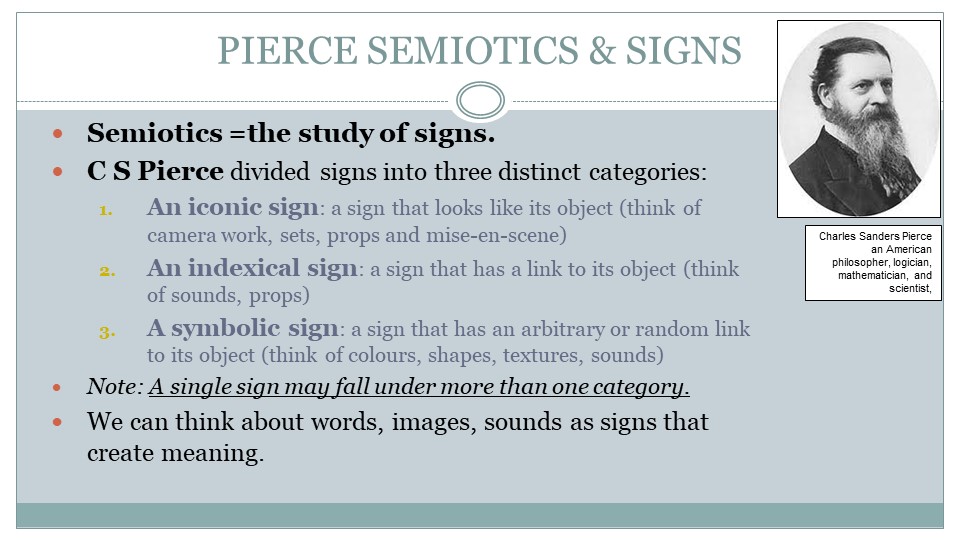
Saussure: then developed an approach to understanding the way in which meaning is created by detaching the signifier (the thing, the object) and the signified (the meaning).
Anthony Gidden: Giddens argues that just as an individual’s autonomy is influenced by structure, structures are maintained and adapted through the exercise of agency so structuration theory attempts to understand human social behaviour by resolving the competing views of structure-agency and macro-micro perspectives.
The structure is the recurrent patterned arrangements which influence or limit the choices and opportunities available. Agency is the capacity of individuals to act independently and to make their own free choices.
A macro perspective is basically looking at the bigger picture of things as a whole. A micro-perspective is taking a “deeper dive” and looking at the specifics of things.
David Gauntlets: theory of identity: Gauntlett said that rather than being zapped straight into peoples brains, media messages and idea about lifestyle and identity that appear in the media help individuals think through their sense of self and modes of expression, This can create our own identity and even influence other peoples.
Marshell mcluran

media is the massage – disconnected medium – GameCube Wii – idea of being separate however this review contradicts this ideology
new media screenshots





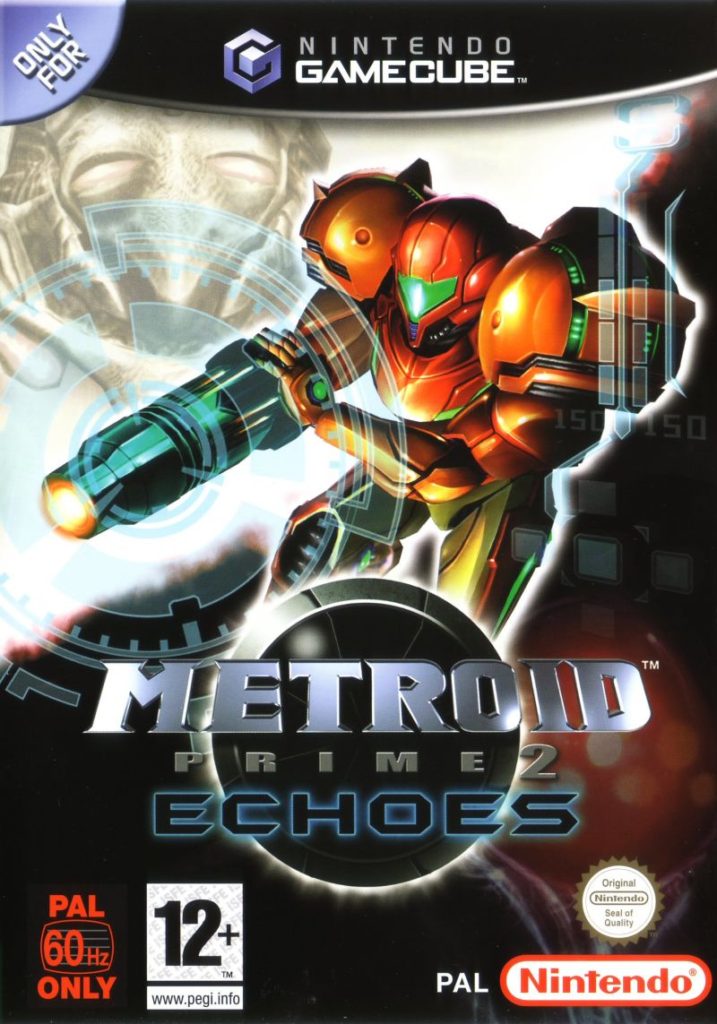
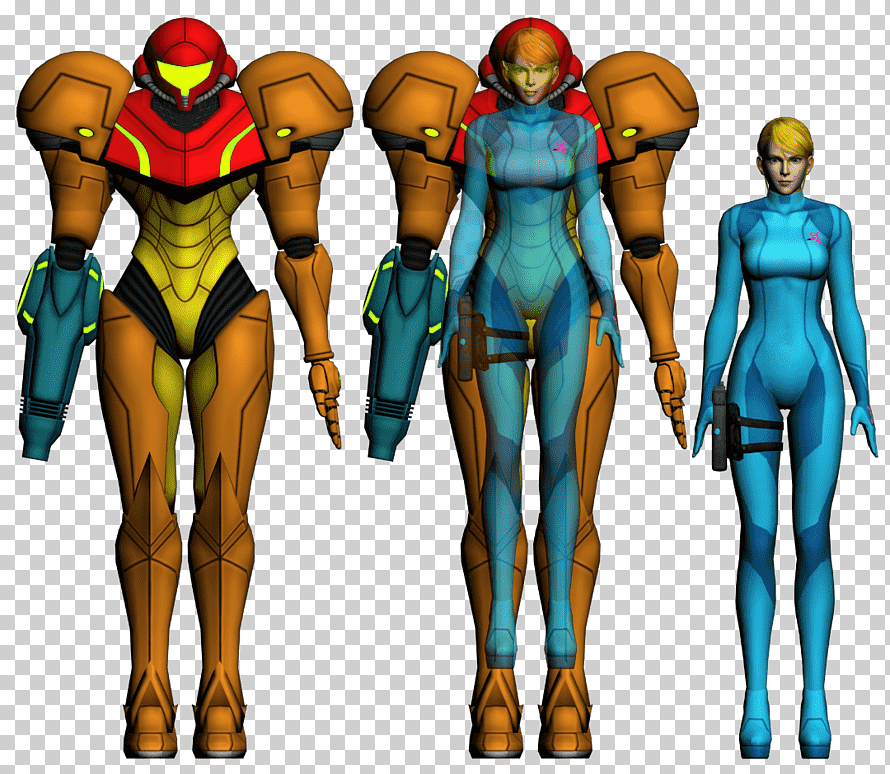
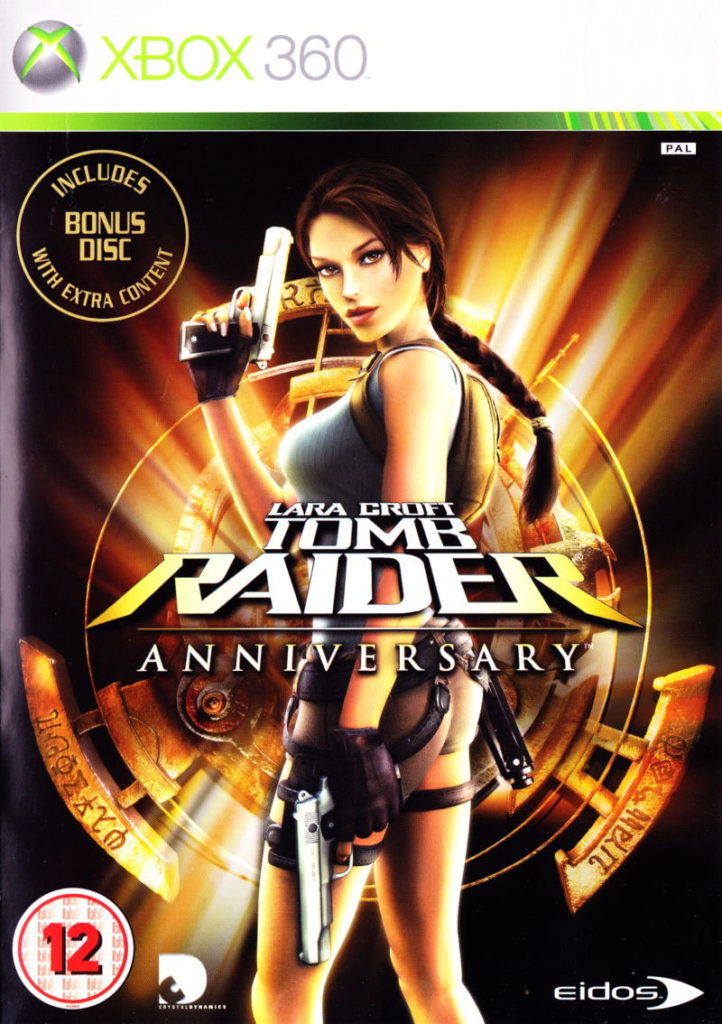

Radio
Life hacks BBC public service
Life hacks have two female hosts Vick and Katie: diverse/ woman of colour, Female host- not dominated by a male
Lifehacks is a replacement for the surgery that seems to be a podcast to which you could tune in and ask medical questions
Shirkey, there is no longer a passive audience as audiences now are more active due to the help of new modern technology to which helps connect a bridge between the media and the audience. audience wants to be more involved and interative
ie. Life hacks asks interactive questions and wants to our want to play next (songs) or personal stories to tweet on come onto the show
ie. a lot of newspapers ARE online nowadays to fill the interactive desire we have now
Curran and Seaton’s media is a risky business

war of the world modern 1938
The media needs a form of regulation or they can post whatever they want and it won’t matter if it’s real or not so we have a filter what media goes through also known as “flack” so the government could stop negative information against them to never be published for the public as well as watchdogs who are mainly anonymous people who keep an eye out for the public to ensure there is no corrupt people or media. FREE PRESS should be free from interference/ ownership/political control: we can link this to the war of the worlds as they believed the Martians had come to earth and this caused panic.
At the time they were more media illiterate. Laswell brings the idea that the audience is passive and doesn’t think and simply consumes the media that is given ie the martian.
However now our society is more rejecting of the media and information questioning and rejecting media
Lasswell, behavioral scientist researching areas connected with political communication and propaganda, believed each government had ‘manipulated the mass media in order to justify its actions’ in World War 1”
Harold lasswell – Hypodermic model = direct injection = passive audience
RADIO BADGE
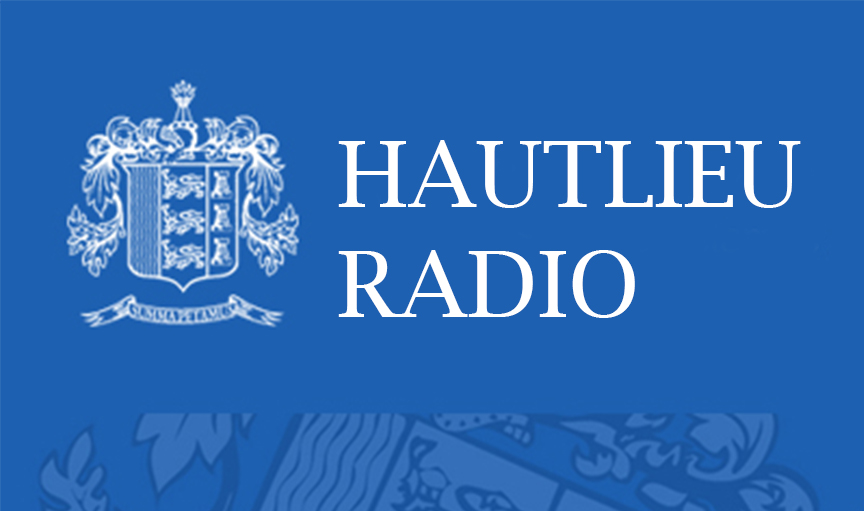

CHICKEN
Chicken is an example of micro-budget film making and raises issues around the role and future of national cinema as well as the viability of media products produced outside of the
mainstream for niche audiences.
approximately £110,000
Chicken is characteristic of contemporary cultural production in its use of new technology at production and distribution stages. Reflects shifting patterns of audience consumption. As a low-budget film, it will be interesting to consider this film in its economic context, especially in comparison to big-budget Hollywood films.
Note how there is a focus on making judgements and drawing conclusions in this essay
Release
Chicken had its world premiere on 27 June 2015 Edinburgh International Film Festival. The film had its international premiere in competition at the 2015 Busan International Film Festival, followed by screenings at the New Hampshire International Film Festival,[2] Giffoni International Film Festival, Cine A La Vista International Film Festival, Tallinn Black Nights Film Festival, Schlingel International Film Festival and Dublin International Film Festival. It eventually received a limited theatrical release in the UK on 20 May 2016.
It was then acquired by MUBI UK, and had its British TV premiere on FilmFour April 2017. It received its DVD and Blu-ray release by Network on 18 September 2017.
Critical reception
Chicken received positive reviews and holds a 100% “Certified Fresh” rating on Rotten Tomatoes based on 12 critic reviews.[3] Leslie Felperin of The Guardian gave the film 3/5 stars and said “first-time director Joe Stephenson elicits lively, empathic performances from his small cast.”[4] Mark Kermode rated the film at four out of five stars stating that Scott Chambers’ performance is “superb”.[5] Anna Smith of Empire magazine gave the film a rating of four stars, responding that the film is “an enjoyable, involving British Drama with and impressive turn from newcomer Scott Chambers.[6] With a three-star rating from Cath Clarke of Time Out, she commented that Chicken is “an impressively acted British Drama about a young man with learning difficulties.”[7] CineVue praised the film and mentioned that it is “the sort of British indie which restores faith in cinema”.[8]
Accolades
Grand Jury Award for Narrative Feature — Joe Stephenson (New Hampshire Film Festival 2015)[2][9]
Silver Griffoni Award for Best Film – Generation 18+ (2nd Prize) — Joe Stephenson & B Good Picture Company (Giffoni Film Festival 2016)[9]
Award for Best Film — Chicken (Cine A La Vista International Film Festival 2016)[9]
Scott Chamber’s performance as Richard got a Special Critic’s Circle mention (Dublin International Film Festival 2016)[9]
The film was shortlisted for Best Director (Joe Stephenson) and Best Newcomer (Scott Chambers) by the British Independent Film Awards.
Start your essay with a short introductory paragraph that outlines your intention for this essay. So think – what is it you want to argue / discuss / present in this essay?
Show knowledge of the film industry, specifically the key stages of: production, distribution, consumption
position contemporary film production within a couple of key theoretical positions for example:
Hesmondhalgh’s ideas that mitigate the ‘risky business’ of cultural production.
Curran and Seaton’s arguments for a more diverse media landscape.
Livingstone and Lunt’s suggestion that cultural production exists in a loosely regulated framework, biased towards a consumers rather than citizen model.
The impact of new media technologies for cultural production.
Present details of the CSP (Chicken) but make sure you focus on production, distribution and consumption and NOT on a textual analysis of the film – remember the examiner / assessor is assuming that you may not have seen the film.
Feel free to add in some audience theory.
Conclude your essay with a summative paragraph.
.
The production of media is now accessible to the everyday day throughs means of new technology the everyday phones can achieve up to 1080p HD quality so this means it is more likely that a common day person will produce a film as it isn’t that exclusive and expensive to do anymore, 110,000
Distribution : mubi, world premiere 27 June 2015 Edinburgh International Film Festival= art over money British TV premiere on FilmFour April 2017. It received its DVD and Blu-ray release by Network on 18 September 2017.
consumption : special needs lead, “trailer trash”, niche, 100% “Certified Fresh” rating on Rotten Tomatoes based on 12 critic reviews.
